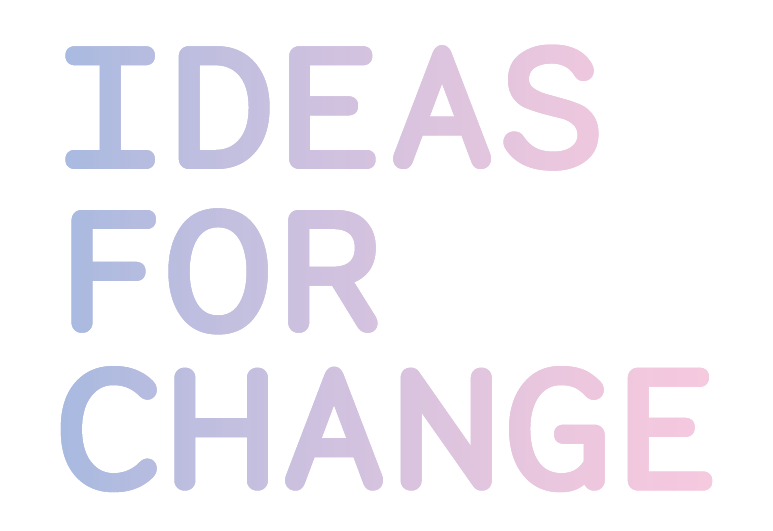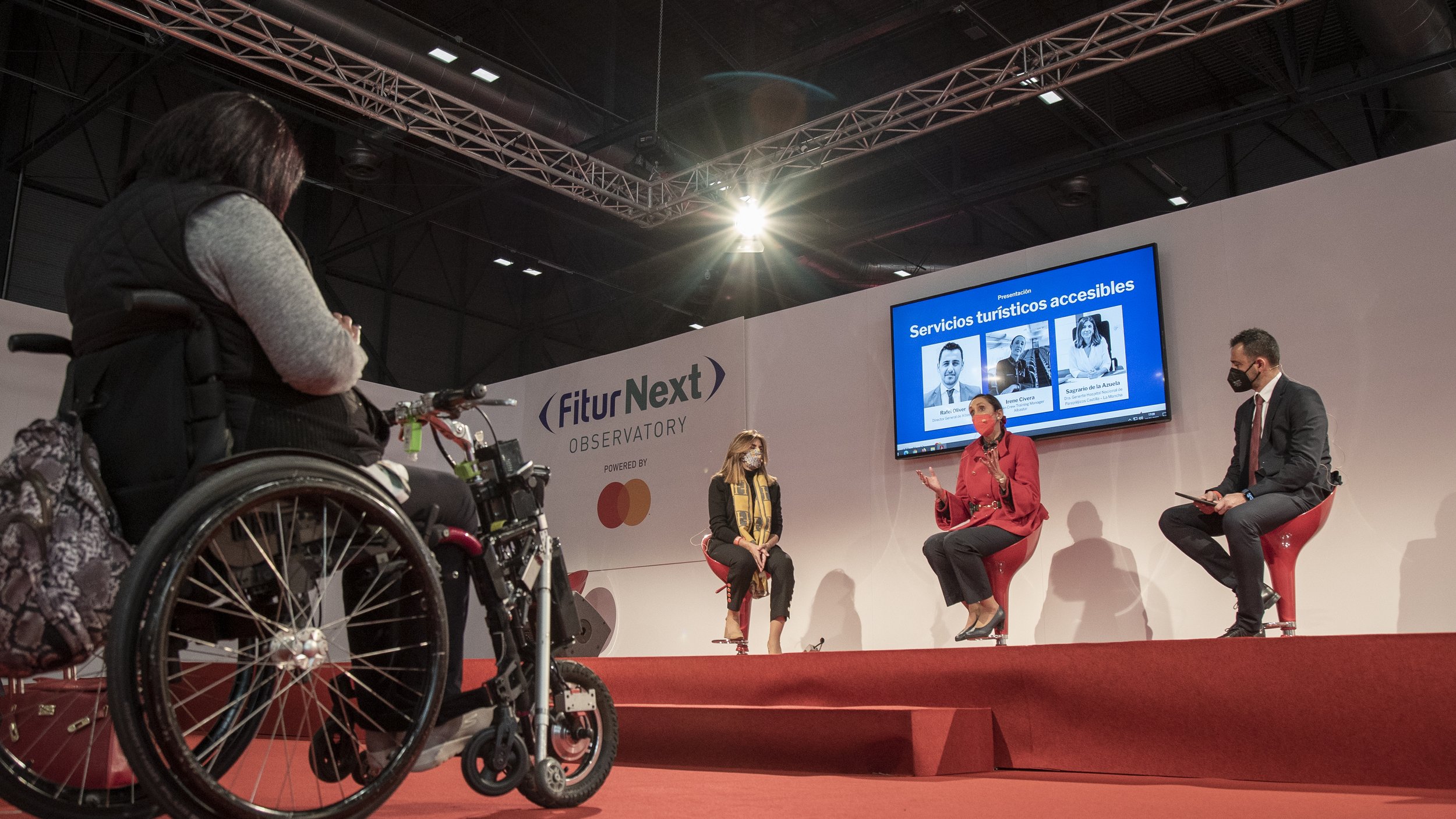Fiturnext 2022: Towards a more accessible society
Pako Rodríguez, Consultant specialised in tourism. (Originally published in Spanish)
After the closing of Fiturnext 2022, it is time to reflect on all that has been learned during these months, both through the initial interviews with experts in the sector and the analysis of initiatives, the conversations held with them during the last months of 2021 and the talks that took place during the days of Fitur. Among these learnings, the following should be highlighted:
First lesson: accessibility goes beyond the elimination of barriers, the objective is "tourism for all". Tourism for all, based on the concept of Universal Design, understood as "the design of products and environments suitable for use by the greatest number of people without the need for adaptations or specialised design", aims to create tourist destinations whose spaces are not adapted for tourists with disabilities, but can be enjoyed on equal terms by all travellers, whether or not they suffer from any kind of disability.
That should be the case because tourism, among other factors, plays a major role in achieving a more accessible society. Furthermore, inclusion, as indicated by the UNWTO, is a very relevant aspect for the reactivation of tourism activity. In other words, in addition to being an issue of social justice, it is profitable for the supply side.
Second lesson: tourism accessibility is limited by the least accessible link in the value chain. In this instance, the generation of an ecosystem that keeps all parts of the chain strong is essential to overcome these limits. In order to achieve comprehensive, end-to-end accessibility, the involvement and collaboration between all the elements that make up this chain which gives value to accessible tourism is necessary. The search for information, the booking of the trip, the full enjoyment, the return journey and the accommodation offer are some of the elements included in the chain.
To try to respond to a large part of the above, in the report "Towards a more accessible tourism" we present our research, both in relation to accessible tourism and replicability, and we deepen the challenge of accessibility by presenting the winning and runner-up initiatives in detail.
Let's remember what these initiatives have been and the positive impact of their projects.
The three winners
TUR4all is a collaborative digital platform, launched by PREDIF (Plataforma Representativa Estatal de Personas con Discapacidad Física), which promotes accessible resources to promote offers and destinations available to everyone. The content is rated by the users themselves and the application has more than 4,600 inclusive tourism resources.
Albastar is an airline that has one of its focuses on pilgrimage routes, thanks to which it allows people with any type of disability to travel comfortably on this means of transport.
COCEMFE is a non-profit organisation which, among other actions, organises accessible travel for people with disabilities. Its proposal is beneficial both for users, as it covers the planning of activities, transport and accommodation at the destination, and for organisations and public administrations by helping them with training and accessibility plans.
And these are the finalists
Equalitas Vitae, which contributes to accessibility through consultancy services, training and content generation via its blog Silleros Viajeros.
Viajeros sin límite, which increases the visibility of accessible destinations and activities using first-person videos made by its promoter.
Sentir el alto Tajo, which organises accessible ecotourism activities and packages.
Can Morei, which offers rural accommodation adapted for people with disabilities.
Borja con todos los sentidos, which seeks to promote accessible cultural activity within its municipality while making the destination a pioneer in accessibility in Aragon.
Catalonia Tourism Agency, which has published the Tourism for All guide and carries out training and awareness-raising activities for the tourism sector to ensure the proper adaptation of products and services.
Dominican Access, which fosters accessible tourism and the need for a more inclusive society in the Dominican Republic.
Valencian Community Tourism, through its accessible tourism programme, disseminates tools and guides so that the tourism services of the community can apply them in their offer and make the destination accessible.
On Wheels App, which allows users to find accessible resources in different cities through its collaborative platform.
As with the challenges of previous editions of Fiturnext, accessibility is an issue of such importance that it must always be present. For this reason, on 02 March we are organising a webinar with the participation of the winning initiatives of the Fiturnext 2022 challenge, where we will talk about the report "Towards a more accessible tourism" and we will announce the next Fiturnext 2023 challenge, focused on how tourism can contribute to regenerate the natural environment.
Keep reading:
Did you like this article?
Receive more content like this in your inbox!













